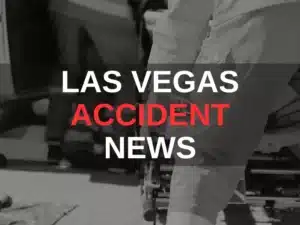Insurance companies are incentivized to minimize settlement payouts as much as possible, which is done by utilizing tricks to frame the accident as much as possible in the company’s favor. Insurance companies manipulate plaintiffs by framing questions in favor of the company and convincing plaintiffs into authorizing broad medical authorizations.
Interviews
Companies designate insurance adjusters to investigate insurance claims. The adjuster interviews witnesses and gathers evidence to then assess the damage. This assessment will determine how much the insurance company needs to pay. Adjusters work for the insurance company, and while they are bound to report the truth — they can frame the issues in ways that are most favorable for the insurance company.
For example, while interviewing the plaintiff, the adjuster will usually ask to record the interview. Then, while recording the interview, the adjuster will phrase questions in more favorable ways to the insurance company.
Medical Authorizations
Plaintiffs generally seek compensation for their injuries, and the extent of their injuries also influences non-economic pain and suffering damages they can assert. To prove their claims, plaintiffs must provide proof of their medical damages—for example, medical reports, prescriptions, procedures, and physical therapy treatments. In general, plaintiffs do this by providing documentation.
However, the insurance companies will frequently ask the plaintiff to sign a medical release authorization. In general, plaintiffs shouldn’t sign these authorizations because they are too broad. Insurance companies convince plaintiffs to sign these releases because most people believe that they will get a fair and quick settlement offer if they cooperate with the company. Insurance companies are incentivized to collect premiums and pay as little as possible in a settlement. These medical authorizations are designed to find as many medical records as possible to find other explanations for the plaintiff’s injuries.
Plaintiffs can get more favorable results if they secure their own medical records and provide the relevant reports to the insurance company. For example, providing reports that are limited to after the accident — rather than everything that happened before.
Quick Reminders
- Insurance companies aren’t there to help plaintiffs.
- Plaintiffs shouldn’t agree to their interview being recorded.
- Plaintiffs should provide medical reports on their own to the insurance company – decline signing an expansive medical authorization.
An attorney can help plaintiffs avoid key mistakes and successfully navigate the insurance claims process.




